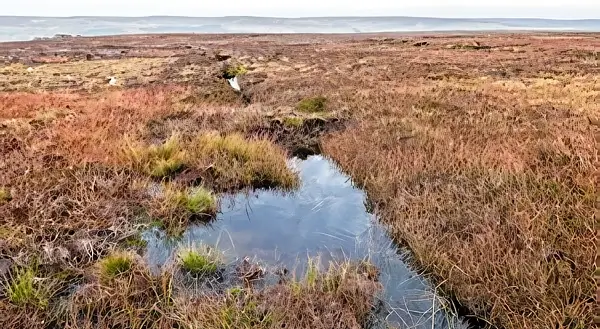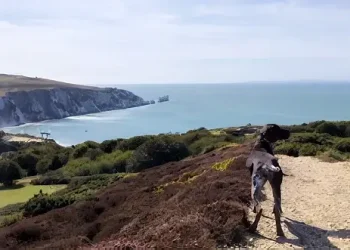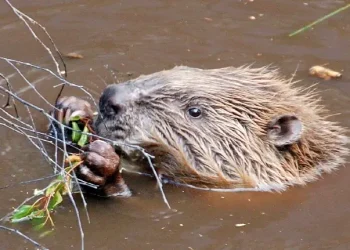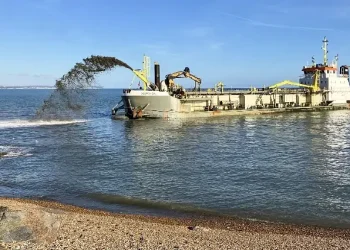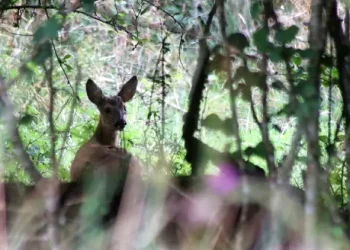The UK government has proposed extending the ban on burning heather on deep peatlands, aiming to protect an additional 146,000 hectares.
This initiative seeks to improve air and water quality while supporting wildlife habitats, aligning with efforts to reach Net Zero by 2050 and enhance biodiversity.
Environmental and Economic Benefits
The proposed ban on heather burning is expected to bring significant environmental benefits by reducing carbon emissions and improving air quality.
This move will not only benefit local communities but also contribute positively to the broader environment. Peatlands are crucial for carbon storage, playing a vital role in climate change mitigation.
Economically, protecting peatlands supports stability by safeguarding homes and businesses from flood damage. The government’s commitment of up to £400 million for peatland restoration underlines its dedication to these goals.
By enhancing biodiversity and reducing flood risks, these measures promise long-term benefits for both people and nature.
Wildlife Conservation Efforts
- Peatlands serve as essential habitats for rare species like the golden plover and curlews.
- 25 of the UK’s 38 dragonfly species are found in upland peatbogs.
- The protection of these ecosystems is crucial for maintaining biodiversity.
Government Commitment and Challenges
This proposal builds upon previous regulations that restricted burning on certain peatlands. The extension aims to expand protections further, demonstrating the government’s commitment to environmental conservation.
However, balancing these protections with practical land management needs poses challenges that must be addressed through viable alternatives for landowners.
A Broader Perspective
The UK’s initiative could set a precedent internationally, influencing other countries with similar ecosystems. By aligning with global efforts against climate change, this move may impact international environmental policies positively.
The emphasis on preserving natural landscapes could also boost tourism by attracting visitors interested in experiencing these unique environments.
Minister Comments
Nature Minister Mary Creagh said:
“Our peatlands are this country’s Amazon Rainforest – home to our most precious wildlife, storing carbon and reducing flooding risk.”
“The UK has 13% of the world’s blanket bog. A rare global habitat, it is a precious part of our national heritage, and that is why we‘re announcing a consultation on these measures to ensure deep peat is better protected.”
“These changes will benefit communities by improving air and water quality, and protect homes and businesses from flood damage, which supports economic stability and security under our Plan for Change.”
Additional Reading
To Sum Up
The UK government’s proposal represents a significant step towards achieving environmental sustainability goals while addressing immediate concerns like air quality and flood risks.
As this initiative unfolds, it will be crucial to balance ecological benefits with practical land management solutions that support both nature conservation and economic stability.
Discover more of Todays Top Breaking News Stories!
Sources: UK Government, Natural England, and Department for Environment, Food & Rural Affairs (DEFRA).
Ivan Alexander Golden, Founder of THX News™, an independent news organization dedicated to providing insightful analysis on current events, prepared this article.



